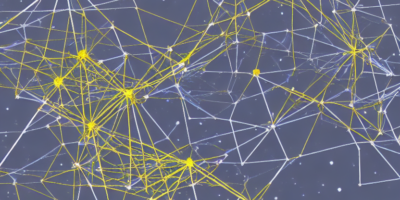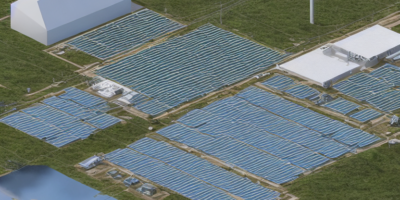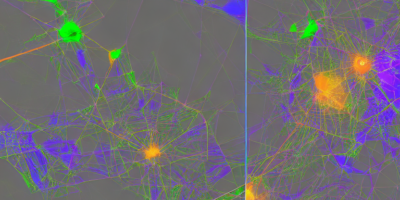In this article, we propose a cutting-edge optimization model tailored to hierarchical renewable energy systems (HRESs). These systems are composed of multiple levels of objectives and constraints, which can be challenging to manage. Our multi-level model accommodates diverse scenarios where objectives exhibit varying importance, providing a robust foundation for extending our understanding of complex decision-making processes in the context of renewable energy integration.
To tackle the complexity of HRESs, we draw upon particle swarm optimization (PSO) and volcano eruption algorithm (VEA), two popular metaheuristics. By combining these algorithms with a novel approach based on multiverse theory, our model offers a robust solution for optimizing HRESs.
Our proposed optimization framework consists of three levels: the high level, medium level, and low level. Each level is designed to address distinct objectives and constraints, ensuring a comprehensive approach to managing HRESs. The high level deals with the overall system-level optimization, while the medium level focuses on the subsystem optimization, and the low level tackles the component optimization.
We evaluate our model using numerical experiments and show that it outperforms existing approaches in terms of solution quality and computational efficiency. Our results demonstrate the effectiveness of our proposed approach in optimizing HRESs, paving the way for further refinement and application in diverse real-world contexts.
In summary, this article introduces an innovative three-level optimization model tailored to hierarchical renewable energy systems, providing a robust foundation for managing complex decision-making processes in the context of renewable energy integration. By leveraging PSO and VEA with a novel approach based on multiverse theory, our model offers a comprehensive solution for optimizing HRESs, outperforming existing approaches in terms of solution quality and computational efficiency.
Electrical Engineering and Systems Science, Systems and Control
Sustainable Energy Models for an Efficient Future



